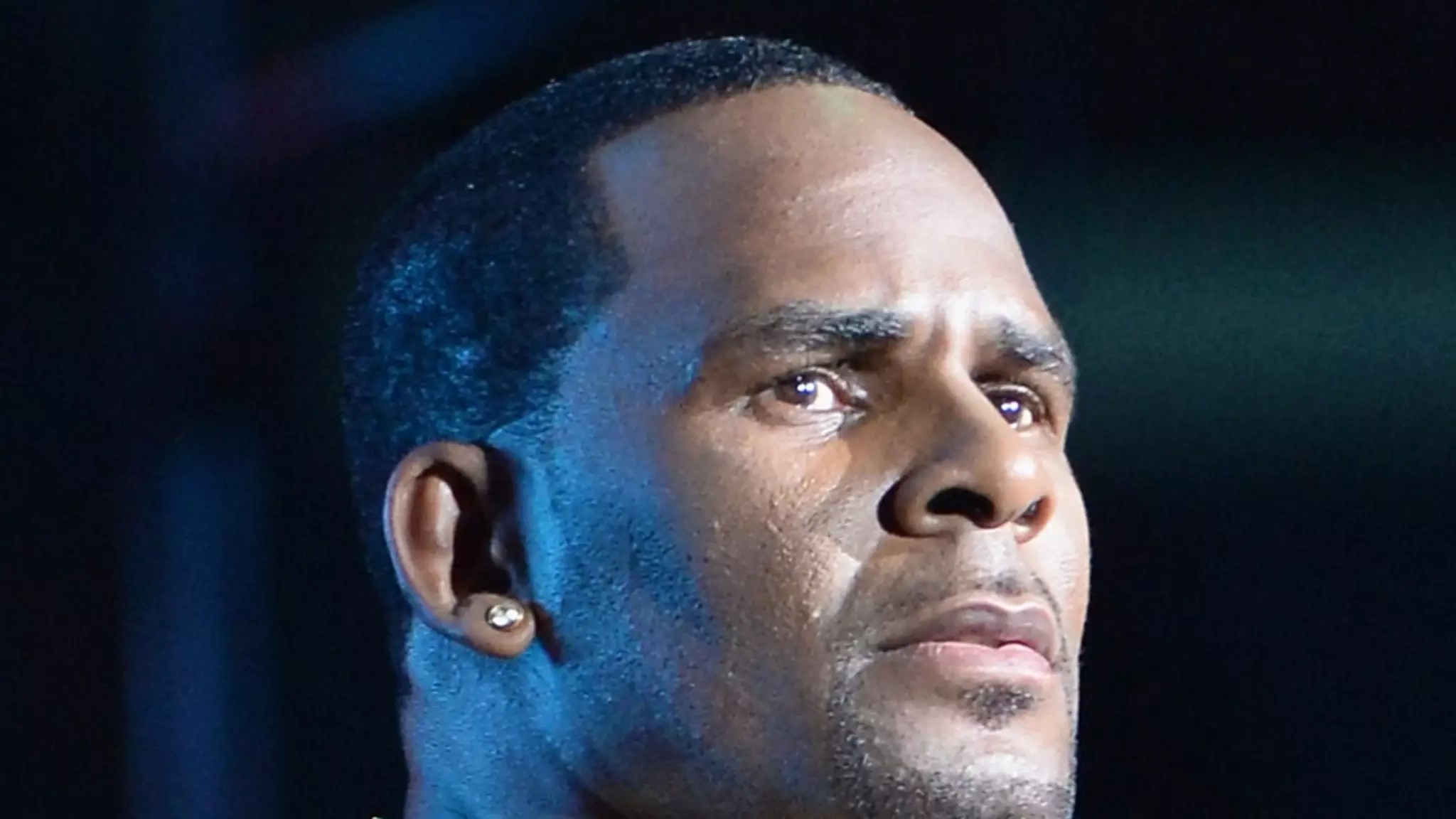R. Kelly, a name that resonates with controversy, remains a symbol of the deep-seated issues surrounding power dynamics and victimization in the music industry. Recent developments regarding his bid for a presidential pardon have sparked renewed discussions about the implications of such an action, particularly given the ongoing plight of his alleged victim, Joycelyn Savage. Her family’s attorney, Gerald Griggs, has made it abundantly clear that they stand resolutely against any efforts to absolve Kelly of his crimes. According to Griggs, the lack of communication from Joycelyn since 2019 indicates that she remains under Kelly’s control—compounding the urgency of the situation as her family grapples with their uncertainty.
The Dynamics of Control and Manipulation
Joycelyn Savage was once portrayed in the media as Kelly’s fiancée, but her family’s concerns paint a far grimmer picture. Despite their hopes for her well-being, it is troubling that the last meaningful contact they had was a fleeting phone call four years ago. The family’s state of limbo, punctuated by intermittent claims from supposed representatives of Joycelyn, illustrates a stark reality: she may still be ensnared in a web of manipulation that many believe R. Kelly has spun. It raises profound questions about agency, consent, and the ways in which abusers maintain control over their victims long after their physical presence is absent.
Justice Versus Celebrity Privilege
The push for a pardon by Kelly’s legal team, led by Beau Brindley, invites outrage and skepticism. Brindley’s assertion that former President Trump might understand the feelings of being targeted by federal authorities is alarmingly misguided. Such defenses distract from the real issue at hand: the horrendous acts Kelly was convicted of—the racketeering, the sex trafficking, and the exploitation of minors. Joycelyn’s family has made it clear that forgiving Kelly is not a possibility. Their insistence on his serving all 31 years of his sentence reflects a commitment to justice that counters the tendency for celebrity privilege to overshadow the truth.
The Family’s Resolve Against Silence
The Savage family’s relentless pursuit of accountability highlights a broader societal issue: the tendency to overlook the voices of victims. To express disinterest in discussing Joycelyn amid the noise surrounding Kelly’s personal struggles—particularly in light of reports of his health complications—further amplifies the neglect of those most affected by his actions. Their commitment to ensuring that Joycelyn receives justice serves not only as a beacon of hope for other survivors but as a crucial reminder that victimization should not be silenced, even when it challenges the narratives spun by powerful figures.
Looking Beyond the Fame
As R. Kelly navigates the complexities of his legal battles while requesting leniency based on his health, it becomes imperative for society to look beyond fame and influence. The duo of celebrity and crime should not afford one the luxury of being forgiven easily. The ongoing plight of Joycelyn Savage presents a powerful case against that narrative—it is a call to remember that accountability transcends fame and should never be dismissed, regardless of the celebrity status of the accused.







Leave a Reply